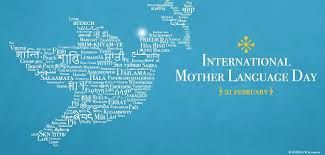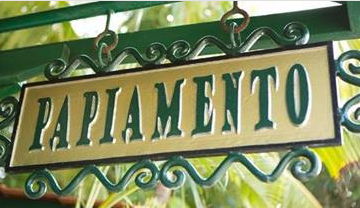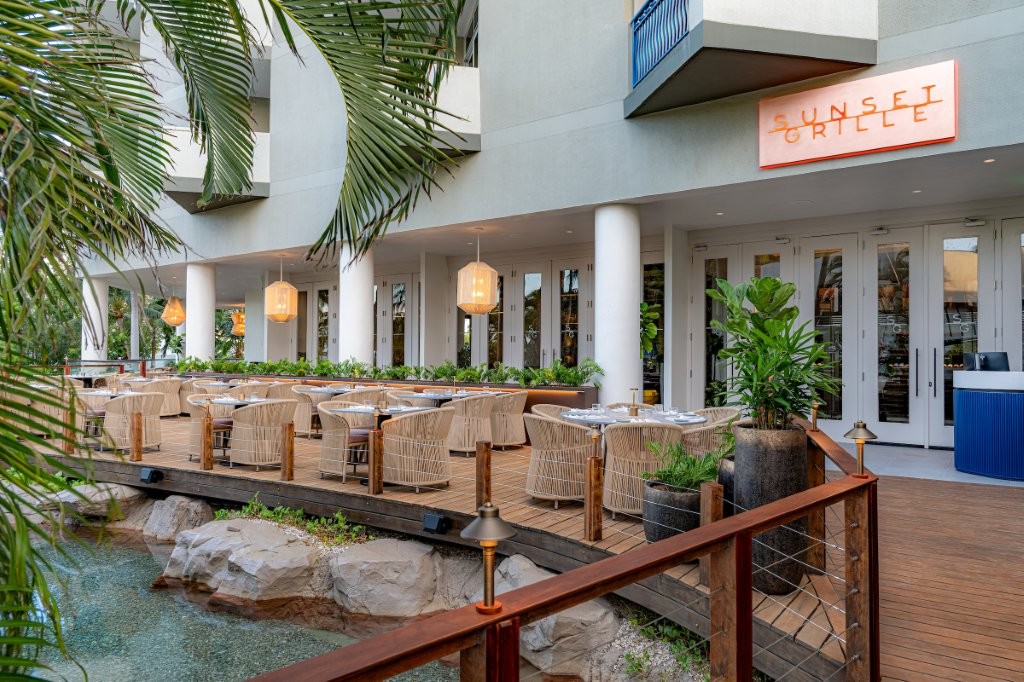Courtesy of the Morning News
International Mother Language Day is an observance held annually on February 21st. The intention if to promote worldwide awareness of linguistic and cultural diversity and multilingualism. It was first announced by UNESCO on November 17,1999. Its observance was also formally recognized by the United Nations General Assembly in its resolution establishing 2008 as the International Year of Languages.
International Mother Language Day (Tongue) has been observed annually since the year 2000. The date chosen commemorates the day in 1952 when students demonstrated for recognition of their native anguage, Bengali, as one of the two national languages of what was then Pakistan. Many were shot and killed by police in Dhaka (near High Court), which is the capital of present day Bangladesh.
During the annual observance, the UN’s Educational, Scientific and Cultural Organization (UNESCO) and UN agencies participate in events that promote linguistic and cultural diversity. They also encourage people to maintain their knowledge of their mother tongue while learning and using more than one language. Governments and non-governmental organizations may use the day to announce policies to encourage language learning and support.
Aruba began observing the day in 2003 with a lecture by language educator Ramon Todd Dandare. The event was organized by UNESCO Aruba. During the lecture, Mr. Dandare talked about the origins and evolution of the language Papiamento in a colonial constellation, its growth and how it evolved into a written language, the turmoil and obstacles the language has gone through and the continuing plight in attaining international recognition as a language, especially among those who speak Papiamento, the education system and the community in general.
Another goal in observing this day is to promote the diversity in language and Multilanguage teaching, and to emphasize a profound awareness of the importance of education in your mother tongue. Some studies have indicated that educational programs that use it enhance a child’s language learning capacity and general academic achievements in general. It is also beneficial for the child’s self esteem and cultural pride. Educational programs based on the mother tongue or multilingual language gives educators’ the opportunity to teach in the language they know best. In August 2009, the Aruba Education Department started a multi language program at 2 pilot pre-schools, Trupial and Colegio Conrado Coronel. In August 2012, the multi language program was introduced in the first grade classes of 2 pilot schools: Colegio San Hose and Colegeio Conrado Coronel. The program was then gradually introduced to the other grades, 2nd, 3rd, 4th and 5th and in the year 2017-2018 it was introduced in the 6th grades.
In celebration of International Day of the Mother Tongue, the Aruba National Library has organized an informative lecture for tonight titled “Historia di Lista di Palabra y Diccionario na Papiamento: di 1829 pa 2014” – History of List of Words and Papiamento Dictionary from 1829 to 2014?. The guest speaker is Ramon Dandare, who will elaborate on the different word lists and dictionary made and/or published in the Papiamento language. Mr. Dandare will, among others, assemble a list of words from the beginning of the 19th century and show the audience the different Papiamento dictionaries which were published in the 19th, 20th and 21st century. In addition Samantha Trinidad and Selvia Lumenier will recite poetry and Trio Los Arubeños will perform Papiamento music. The new board of directors of Fundacion Lanta Papiamento.will be introduced to the public.
Tonight’s event will be at the main branch of the Aruba National Library on George Madurostraat commencing at 7:30 p.m.
For more information, visit the website Enseñansa Aruba | www.ea.aw and look for Proyecto Scol Multilingual | PSML (in the alphabet menu under the letter P). Interested readers can also visit the Face Book page facebook.com/educationaruba





